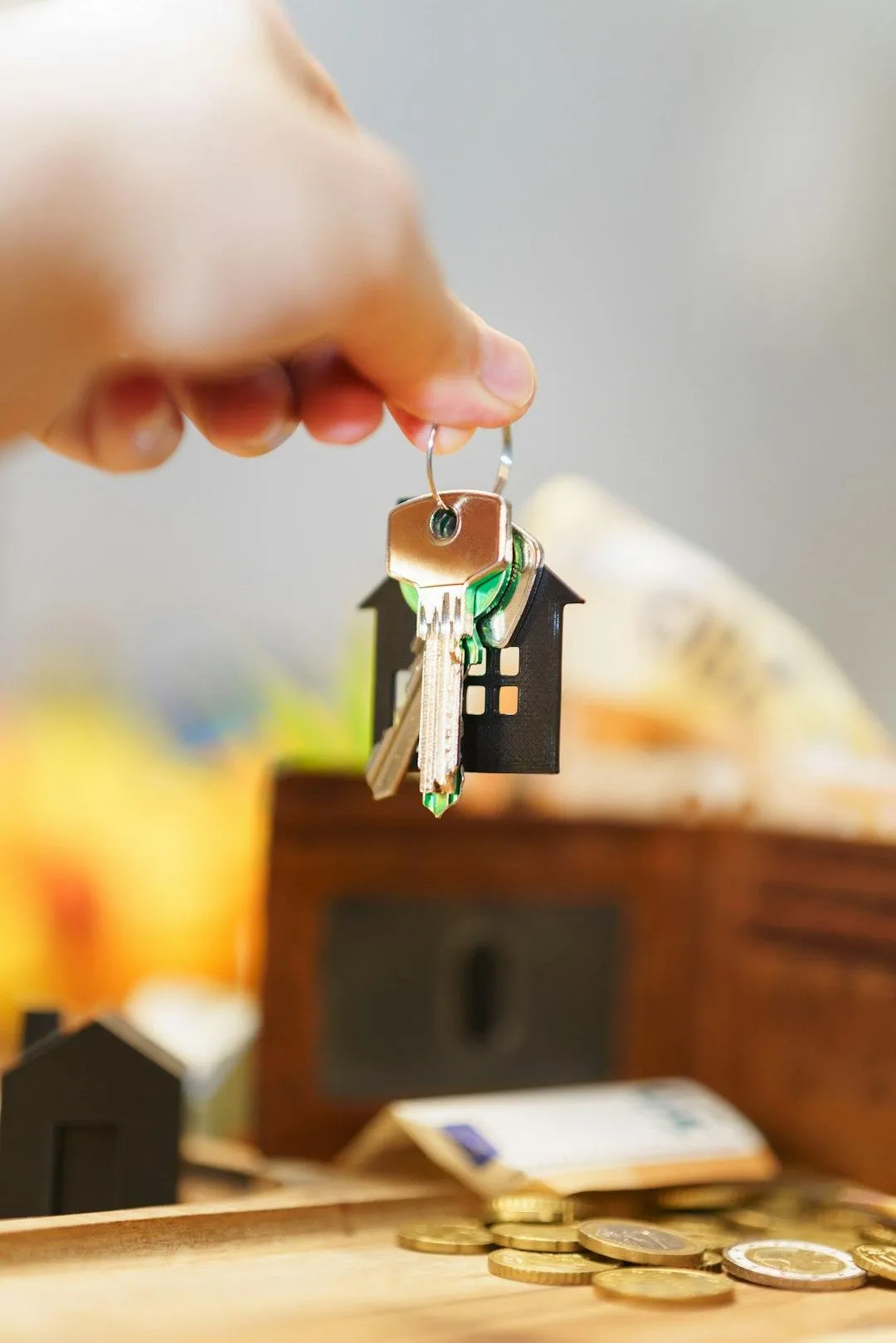
Closing Day & Beyond: What To Expect and How to Protect Your Investment
Closing Day & Beyond: What to Expect and How to Protect Your Investment

You made it. Closing day is here! In this post I’ll show you exactly what you’ll bring, what you’ll sign, when you’ll get the keys, and what happens after closing so you can proceed with confidence.
Quick note: on a purchase there’s no 3-day “cooling off” period like a refinance. Once you sign and we fund/record, it’s official.
The Week of Closing: Final Prep
Review your Closing Disclosure (CD). Make sure the cash-to-close, interest rate, taxes, and insurance look right. If anything looks off, speak up before closing day.
Wire safety. Always call the title/escrow office at a known phone number to verify wiring instructions. Never rely on emailed instructions alone.
Homeowners insurance (HOI). Your policy will be bound to start on the closing date. Keep your agent on standby for any last-minute updates.
Final walk-through. Confirm repairs are done and systems/fixtures are working. Snapping a few photos may be helpful.
Funds. Ask title what they accept (wire or cashier’s check) and your bank’s same-day cut-off times.
What to Have on Closing Day
Valid photo ID (bring two if you have them)
Wire receipt or certified funds (as required by title)
What You’ll Sign
Promissory Note – confirms your rate, term, and payment
Deed of Trust/Mortgage – the lien securing the loan
Closing Disclosure (final) – the official cost breakdown you reviewed
Escrow Account Disclosure – how taxes/insurance are collected
First Payment Letter – due date, amount, and where to pay
Any riders – condo/PUD, occupancy, program-specific terms
Pro tip: ask the closer to flag the First Payment Letter and Escrow Disclosure so you can snap a quick pic before you leave.
When Do I Get the Keys?
The sequence is: Sign → Lender funds → County records → Keys.
Same-day key release is common, but late-day or Friday closings can push keys to the next business day. Plan movers for after recording to avoid timing hiccups.
What Happens After Closing
Escrow & your first payment. Once your loan number is active, set up online access and autopay. Your first payment is usually due 30–45 days after closing (interest is paid in arrears).
Servicing transfers. It’s normal for your loan to be sold/serviced by another company. You’ll get a “goodbye” letter and a “hello” letter. Payments made within 60 days of transfer are protected by a grace rule.
Paperwork & admin. File your Owner’s Title Policy and closing package in a safe place (digital + hard copy). Check for any homestead/tax exemptions in your county. Update your HOA account and set up dues autopay. Transfer/confirm utilities in your name.
Protect Your Investment
Budget 1–3% of home value per year for maintenance and surprises
Change HVAC filters every 1–3 months; schedule annual service on major systems
Clean gutters, flush water heater, check caulking/roof once or twice a year
Review insurance annually; update coverage after renovations or big purchases
Ignore “pay for your deed” mailers—your recorded deed is already public record
Condo owners: keep an HO-6 (walls-in) policy and consider loss-assessment coverage
FAQ
Can I use a personal check for closing? Usually no—title requires a wire or cashier’s check.
What if my loan is sold right away? Totally normal. Follow the new payment instructions after official notice.
Can I move in the same day? Often yes—after recording. Confirm timing before booking movers.
Support After Closing
Once you are closed, our relationship doesn't end there. I am always here for you to answer questions and to monitor the market for refinance opportunities that will save you money (and make sense).

Peter Seroter NMLS 997692
This blog was written solely by me- not AI.
